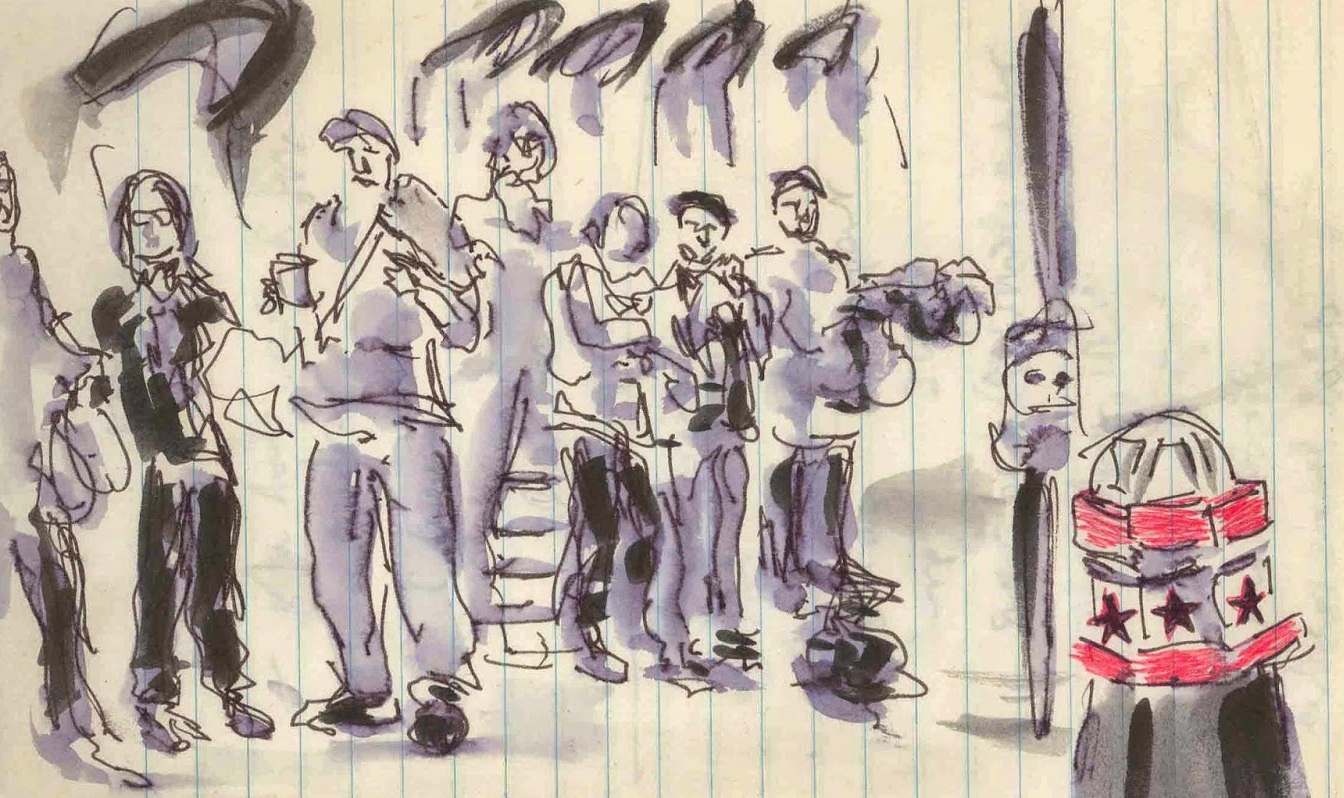Journalists were failing to properly explore justice issues ‘focusing more on the symptoms than root causes’, according to research published this week. A new report by the Criminal Justice Alliance, a coalition of 160 organisations, into media reporting of the criminal justice system highlighted the concerns of people with lived experience dealing with the press. ‘We need to draw back [on] sensationalism. We shouldn’t be used to sensationalise a story,’ one said.
The CJA is working to help journalists to report ‘more sensitively and constructively without infringe on their independence’. ‘Respondents felt that reporting doesn’t focus enough on the root causes that lead people to commit crimes,’ the report said.
The study draws on a series of interviews with criminal justice experts and academics as well as a survey of criminal justice charities. The authors (Jamie Morrell, communications officer at the CJA and lived experience consultant and Longford Trust intern Jason Grant) reported ‘a negativity bias’. ‘Respondents told us that journalists too often focus on the problem of crime rather than solutions, which impacts public perception of crime and subsequently the government agenda,’ they wrote.
The CJA makes a series of recommendations including calling for a criminal justice media advisory service to be established to provide advice and guidance to journalists on portraying criminal justice issues ‘accurately and humanely’. It also calls for journalists to explain to someone with lived experience the impact that media cover can have.
The study quotes research by Reuters found that more than one third of Britons (35%) ‘actively avoid’ the news which represented an 11% rise on the year before. ‘The main reason people gave for avoiding the news was that it has a negative effect on their mood (58%). ‘This tendency for reporters to focus on the negatives can lead to feelings of apathy and fatalism,’ it said. ‘Research by Baden, McIntyre and Homberg found that “catastrophically framed” stories reduce intentions in readers to take positive action to address issues.’
Respondents viewed ‘solution-framed’ stories as legitimate journalism. ‘There is also a business case for solutions-focused journalism, with respondents stating a preference for solutions-focused stories, countering the famous journalistic maxim that “if it bleeds, it leads”.’ The authors explained that in solutions-focused journalism, sometimes called constructive journalism, reporters focussed on rigorously investigating and reporting on the solutions to key problems within our society, rather than merely focusing on the problem and pointed out that the Guardian and the BBC had both launched constructive journalism projects.
The report highlighted good practice including focusing on events leading up to an individual’s encounter with the justice system, their upbringing as well as the wider policy context if relevant. It also focused on the importance of accuracy in storytelling. Guardian columnist Erwin James, who began writing during his time in prison, explained that he got his break by writing to newspapers in an attempt to correct inaccuracies about prison conditions. ‘We suffer from the way the media reports on prison issues. My experience was so different from what the public perceived it to be,’ he said.
‘Well one of the reasons why I started writing in prison was because I got sick of reading that I was eating luxury five-star food and living in plush accommodation. I began my career in journalism by writing to newspapers pleading for them to tell the truth about how we were living. We suffer from the way the media reports on prison issues. My experience was so different from what the public perceived it to be.’
Erwin James, Guardian columnist and Editor of Inside Time.
Justice Gap editor Jon Robins spoke out about the impact of the increasing financial pressures on news organisations. ‘There has been a downward trajectory in the quality of journalism focusing on justice,’ he said. ‘Commissioning budgets have been drying up. Sadly the issues don’t go away, even if the money has.’
People with lived experience of the criminal justice system told the authors how their stories were misrepresented by the press. According to one charity leader: ‘I shared my story with a journalist who then misconstrued the interview and wrote a piece saying that I was known for being violent, that I was shifting from left to right as we were speaking, that they were scared I was going to attack them, that I looked like the kind of guy who could hurt them. We need to draw back this sensationalism. We shouldn’t be used to sensationalise a story.’
One individual with lived experience reported their shock to read racist and derogatory remarks about him in the comment section of an an article. The authors recommend media groups disabledtheir comments section to protect people’s well-being.







Freedom of the Press